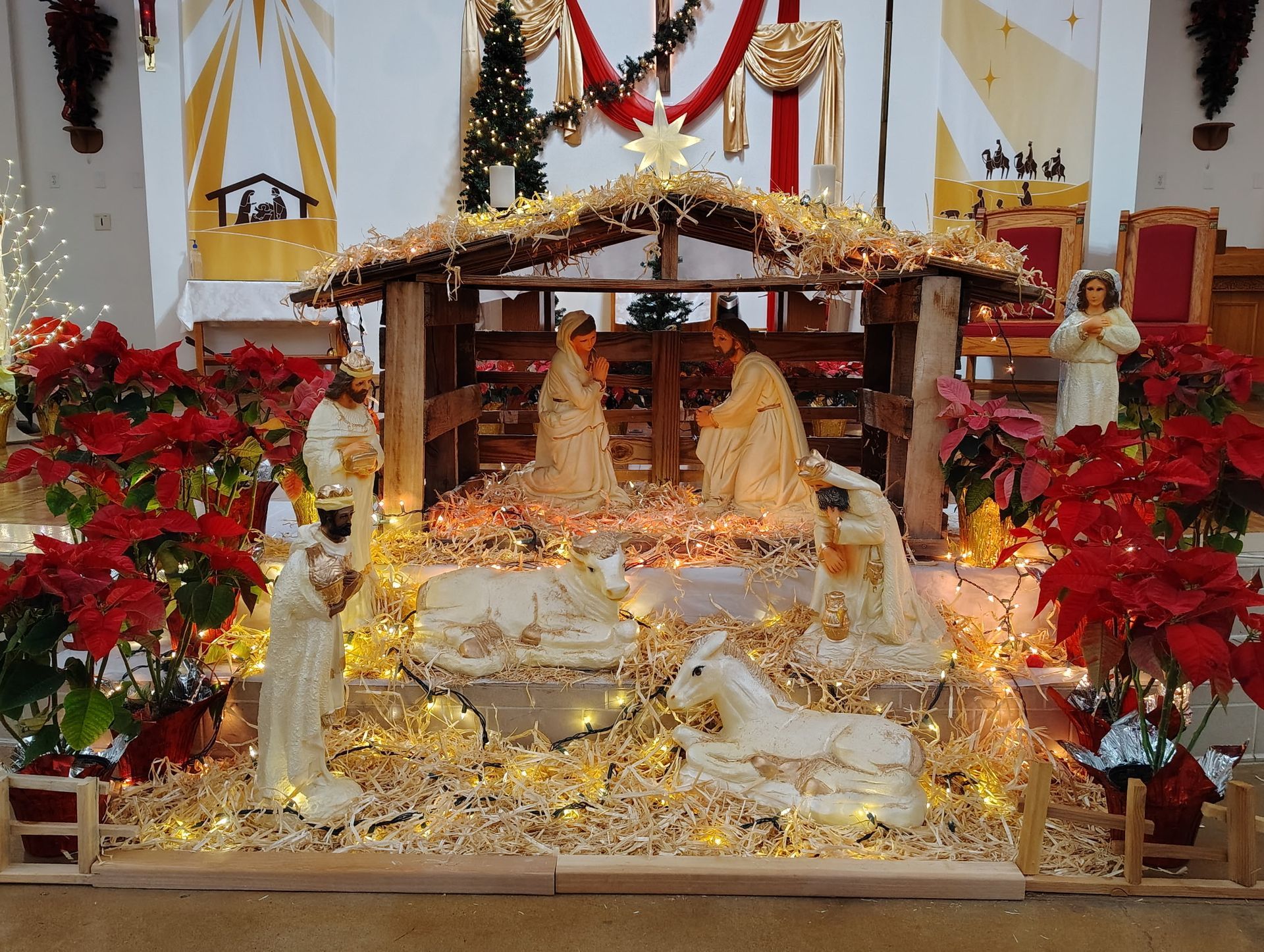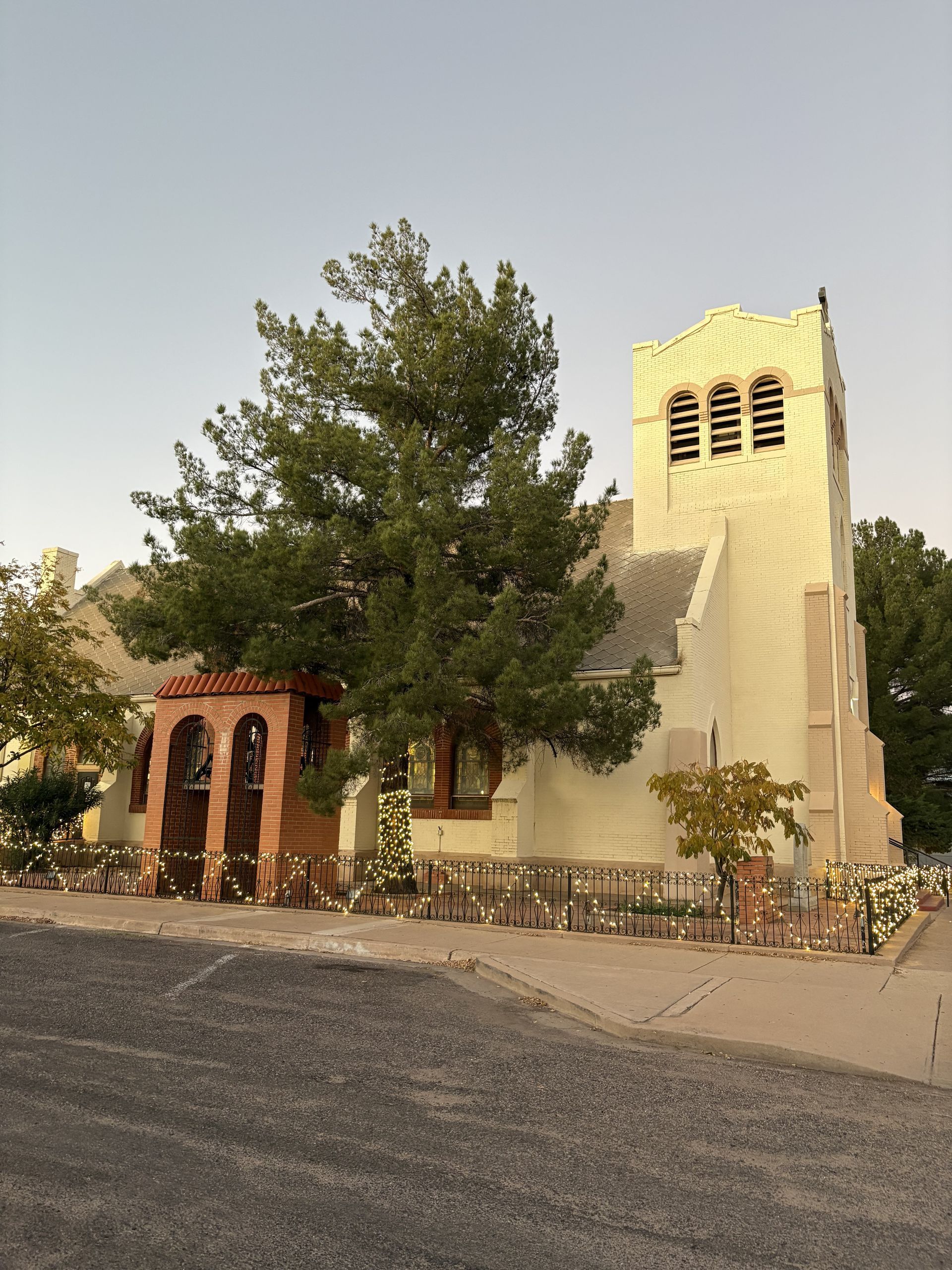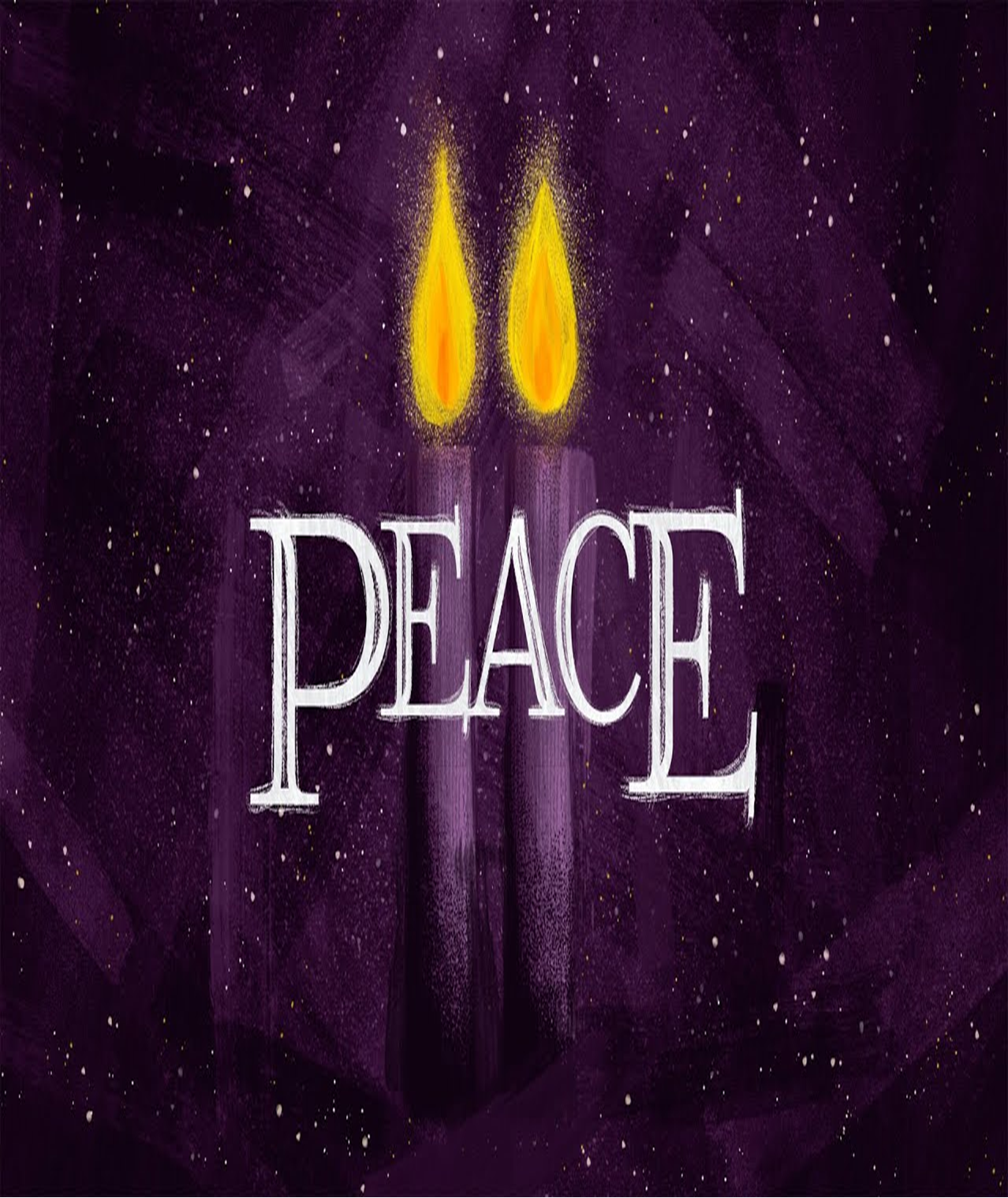Panic buying, fear of the unknown and uncertainty in the future characterize the tone of the moment on a global scale. It disrupted our lifestyles in just a matter of weeks. The world has turned into disarray. Things are blowing out of proportion. Conversations are getting out of control. It will get worse before it gets better. It’s just beginning to unfold. It’s an evolving situation. We don’t know where this overwhelming crisis will take us. We don’t know the severity of this pathogen. We are all affected and no one is immune. At this time, we rely heavily on human ingenuity which includes cooperation and collaboration in all sectors of society. We complain. We murmur. We grumble. We point fingers to the powers that be for not responding quickly and for taking this situation lightly. This could have been prevented. We made tremendous sacrifices and drastic changes in the liturgy, things we won’t do on normal occasions. We observe protocol against our will for safety and wellbeing of those around us and to help contain, control and prevent the fast spread. What can religion bring into the table? Where is God in all this? Where is the power of God? Is the Lord in our midst or not? Is the Lord with us or not?
The first reading from the Book of Exodus recounts the murmuring of the Israelite people in the wilderness that ends up doubting the presence of the Lord in their midst and describes the miracle of water from the rock as God's response to their rebellion. This happened soon after the people had left Egypt. They were on foot for quite some time. They were exhausted and worn out by the travel. Glad for being released from slavery but things weren't happening the way they should. They ran out of water. They didn't know where to get it. It's probably manageable to run out of water elsewhere but not in the middle of nowhere in the desert. In Arizona, if you're thirsty, you're half dead. The use of water cannot be overemphasized. I’m reminded of the book I read few years back about Arizona history saying that it came from the Pima Indian word, 'alishonak', 'arizonac' whatever is correct, meaning, little spring (googled it to double check, quite right) and Tucson, chuk-son, same thing, small spring. In a place where water is scarce, what a joy and pride it must have been for them to behold a small body of water, an oasis, a clear indication of the means of survival, a source of nourishment and livelihood for the early settlers.
When the thirst escalated, it was almost by necessity that the people vented their fury against Moses. They were at each other's throat. It was like a lawsuit. We may not be aware of it but for someone to die of dehydration is pure and simple, dehumanizing. They were right. By logic, they had reason to complain then, "Give us water to drink" Ex. 17:2. In those days, in their thirst for water, the people grumbled against Moses, saying, "Why did you ever make us leave Egypt? Was it just to have us die here of thirst with our children and our livestock?" So Moses cried out to the Lord, "What shall I do with this people? A little more and they will stone me!"
The site in Rephidim where the incident took place was called Meribah, 'quarrel' and Massah, 'testing' to mark when the people tested God, complained and grumbled about not having enough water to drink and where Moses drew water from the rock. The place was called Massah and Meribah, because the Israelites quarreled there and tested the Lord, saying, "Is the Lord in our midst or not?" Exodus 17: 3-7.
The fact that the quarreling and testing ended up with the question, "Is the Lord among us or not?" was loaded, critical in the mind and heart of any believer. They want to feel whether God really cared for them or not. In moments of despair, when you don't feel that someone cares and shows compassion, you withdraw and back off, trust and hope wear you out. Crisis overwhelms us. That's for sure. When your life is falling part, it's hard to see the hand of God and perceive God's action, that in spite of this, you've received blessings. Only time can tell how God has shaped and molded and watched over us through difficult times. Remember, they rebelled against the God who has done so much for them. They forgot the past and the Lord's constant love for them.
So when God sensed the grumbling sounded a little too much, he intervened by telling/directing Moses to strike the rock which he faithfully did. As I wade through the passage, what surfaced was the fact that God didn't appear far and distant. He talked to them as if he was very visible standing in front of the rock on the front lines like an army commander, a coach at your beck and call, a shepherd in your midst. The Lord answered Moses, "Go over there in front of the people, along with some of the elders of Israel, holding in your hand, as you go, the staff with which you struck the river. I will be standing there in front of you on the rock in Horeb. Strike the rock, and the water will flow from it for the people to drink." This Moses did, in the presence of the elders of Israel" (Ex. 17: ) The water that gushed forth from the stubborn rock was a sign how much God loved them.
The story of Jesus encounter with the Samaritan woman at the well whose name was withheld is a major theme in the fourth gospel almost a continuation of the miraculous water in Exodus 17. By way of comparison, just as God gave water to the Israelites, so did Jesus to the Samaritan woman. There is so much involved here in John 4 particularly if it is read and interpreted purely from an exegetical point, apart from the liturgy. But, since it's the third Sunday of Lent, more so, in the presence of catechumens who will go through the first scrutiny, we'll focus on the two dialogues of Jesus with the Samaritan woman (4:7-26) and with the Disciples (4:31-38).
The Samaritan woman was just simply doing a daily household chore which was to draw water from Jacob's well that strikingly led to her encounter with Jesus who offered her living water and said, anyone who drinks this water will never be thirsty. She didn't expect that meeting with Jesus. First of all, she was a Samaritan. Her group had nothing to do with the Jews. Second, she was a woman. It was forbidden to talk to a Jew at 12noon, much less alone. Third, she was married five times already. And yet, in an unexpected moment in her life, crossing all the cultural barriers and religious boundaries, Jesus offered the living water. Jesus knew she was broken, fragile and wounded. You can look at this in many different ways but what stands out is the encounter was the background of the woman.
Jesus said to her, "Give me a drink." His disciples had gone into the town to buy food. The Samaritan woman said to him, "How can you, a Jew, ask me a Samaritan woman, for a drink?" -- For Jews use nothing in common with Samaritans. Jesus answered and said to her, "If you knew the gift of God and who is saying to you, 'Give me a drink,' you would have asked him and he would have given you living water." The woman said to him, "Sir, you do not even have a bucket and the cistern is deep; where then can you get this living water? Are you greater than our father Jacob, who gave us this cistern and drank from it himself with his children and his flocks?" Jesus answered and said to her, "Everyone who drinks this water will be thirsty again; but whoever drinks the water that I shall give will never thirst; the water that I shall give will become in him a spring of water welling up to eternal life." The woman said to him, "Sir, give me this water, so that I may not be thirsty or have to keep coming here to draw" (John 4: 7-).
St. Paul, in his letter to the Romans, perfectly spells out and connects the Exodus 17 and John 4 on the gift of God that has been poured into our hearts through the Holy Spirit. The gift of love that quenches our thirst.
The use of water as one of the essential/indispensable elements in life cannot be over emphasized. Water is life. It cleanses, quenches thirst, refreshes, vitalizes, and the source of strength and nourishment. Water in the bible is a symbol of the blessings the Messiah will bring. It is also associated with wisdom and the fruit derived from the study of the law. In the New Testament, Living Water is the teaching of Christ. In his dialogue with the Samaritan woman, water stood for wisdom. In the church, this living water associates the believer with the death and resurrection of Christ.
It's not by coincidence that Arizona came from a Pima Indian word, 'arizonac' meaning little spring and Tucson, 'chuk-son', village of the dark spring at the foot of the mountains, modern day A - mountain. People are drawn to water because it is a sign of life.
If you are wondering why the gospel suddenly shifts to John 4, the story of Jesus and the woman at the well, it’s because of the Living Water that Jesus gives which becomes the spring of eternal life and the catechumens as well as the candidates are in search for the wellspring of life, Jesus Christ, knowledge of him and relationship with him.
In the midst of the global pandemic caused by Coronavirus (Covid-19), in the middle of the Lenten season, we hear the story of Jesus and the woman at the well. We sincerely pray for the speedy recovery of the infected patients and safety of those who take care of them. We fervently pray that the rapid spread of Covid-19 will be contained and controlled. Whenever the world suffers, we, as individuals and community as a whole, though thousands of miles apart from our distressed brothers and sisters, are in solidarity with the rest of humanity but especially those (countries and individuals) who have been deeply affected. Amen.



